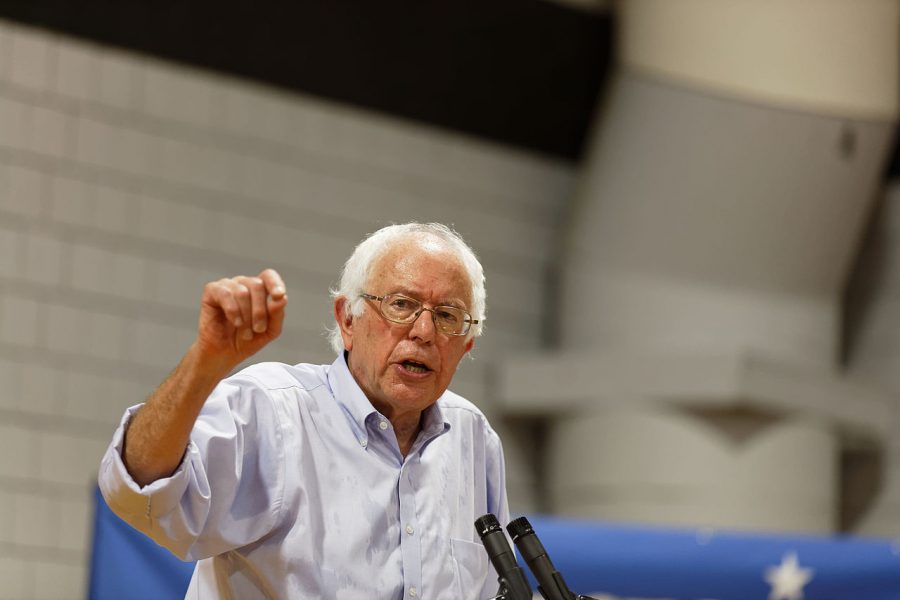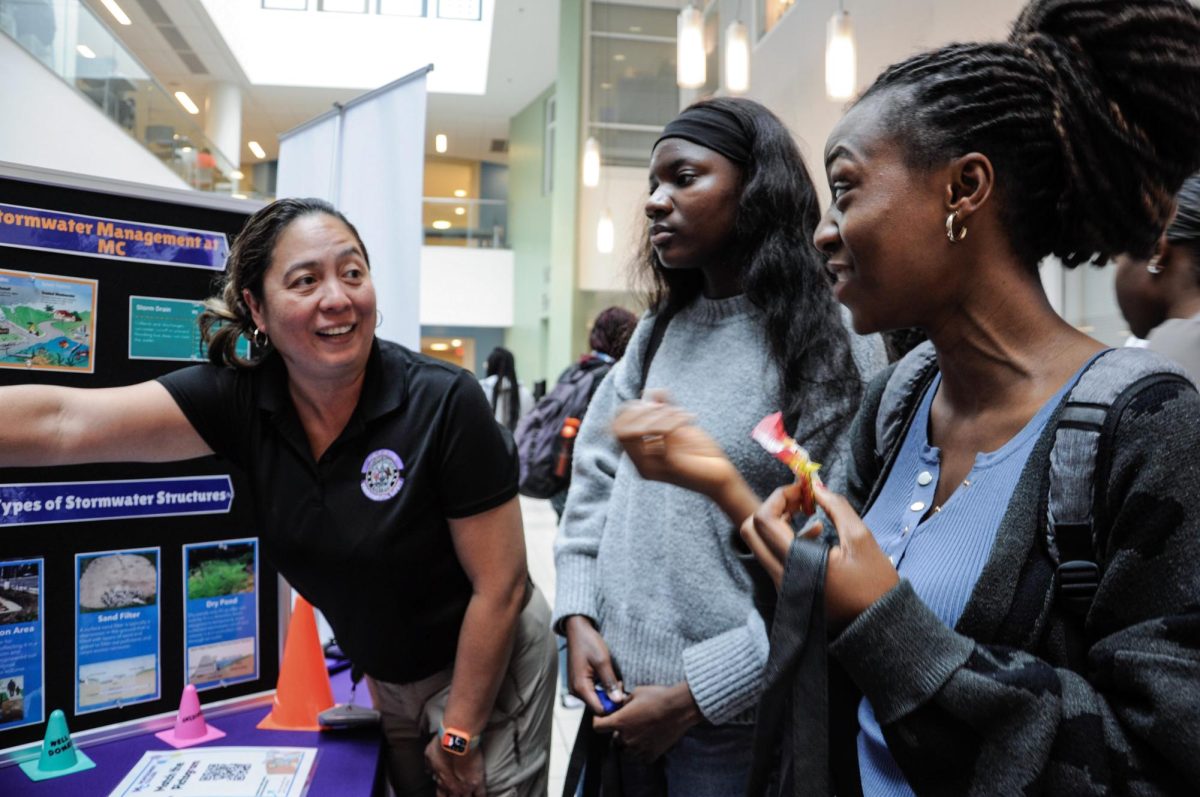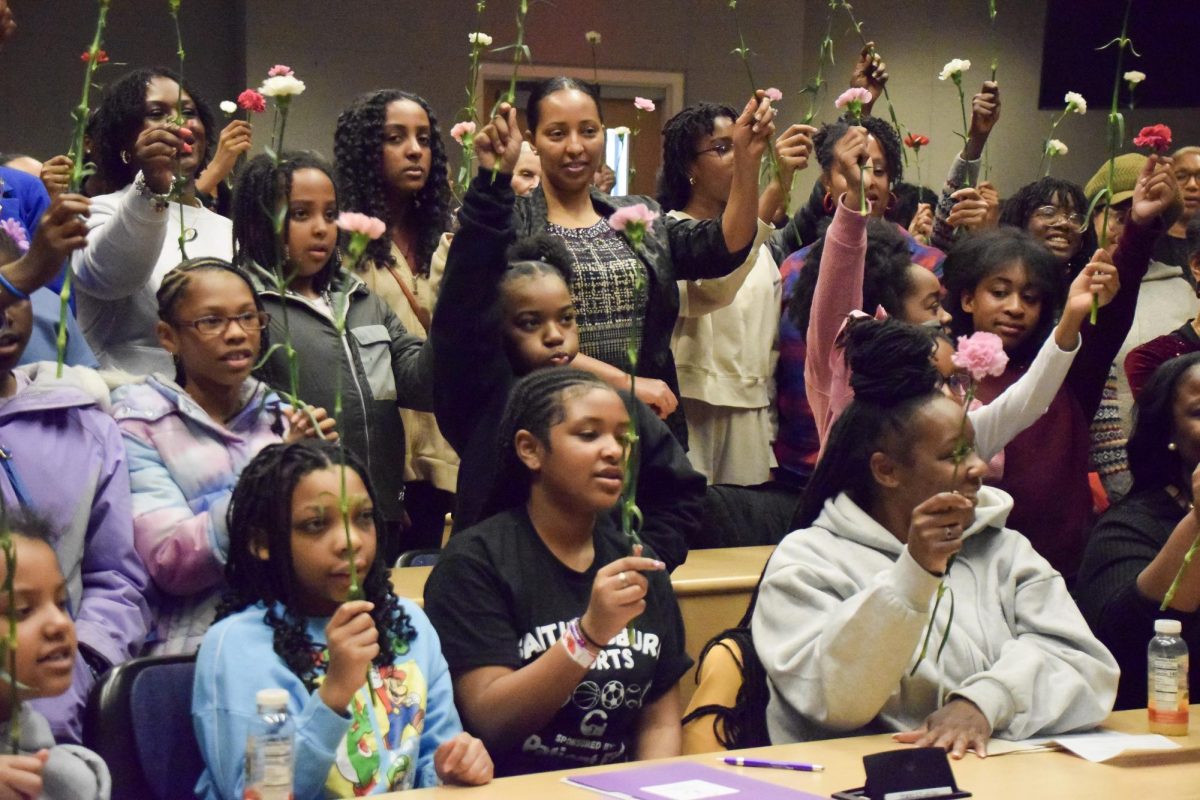Bernie Sanders Wins New Hampshire Primary
Buttigieg second and Klobuchar third in the second Democratic primary of the 2020 race
By Michael Vadon – US Senator of Vermont Bernie Sanders in Conway NH on August 24th 2015 by Michael Vadon, CC BY-SA 2.0, https://commons.wikimedia.org/w/index.php?curid=43093772
February 16, 2020
The results from the New Hampshire primary recently came out: Vermont Senator Bernie Sanders won with 25.7% of the votes, with Pete Buttigieg, mayor of South Bend, Indiana, trailing with 24.4%.
Last week, Buttigieg won the Iowa caucus, with Senator Sanders trailing by only 0.1%. This primary saw a similar narrow margin between the two contenders. However, a significant development arose in New Hampshire. Senator Amy Klobuchar arrived in third place with 19.8% of the votes, surpassing two prominent figures: Senator Elizabeth Warren, who came in fourth place, and former Vice President Joe Biden, in fifth place.
According to delegate rules established by the Democratic National Committee, a Democratic presidential candidate needs to earn at least 15% of the votes in a primary or caucus in order to be eligible to receive delegate votes from the state in which the election is held. The votes are distributed proportionally according to each candidate’s share of votes in a primary election.
Delegates “are either selected in primaries, caucuses, or local party conventions, or included because of their positions as elected representatives or members of the party leadership,” as summarized by Ballotpedia.
Senator Sanders and former mayor Buttigieg each received the votes of 9 delegates in New Hampshire, and Senator Klobuchar received the votes of 6. Neither Senator Warren nor former Vice President Biden met the 15% threshold necessary for delegate votes this time.
On Wednesday, following his victory, Senator Sanders commented in an Instagram post, “I want to thank the people of New Hampshire for our great victory last night… The reason we won is because of the hard work of so many volunteers who make up our unprecedented movement.”
Aside from Senator Sanders, Senator Warren and former Vice President Biden have consistently been among the top 3 most favored Democratic candidates in national polls. This is why it came as a surprise to many people that the two candidates received no delegates last Tuesday.
It seems that New Hampshire has experienced a shift toward more moderate positions compared to last year. A CNN exit poll found that the percentage of voters who considered themselves “moderates” rose from 27% in 2016 to 36% this year. According to CNN’s Chris Cillizza, “That more moderate electorate likely explains why we had two centrists in Buttigieg and Klobuchar in second and third with a combined total of more than 44% of the overall vote.”
While the New Hampshire primary – along with the Iowa caucus – receives a lot of national attention as one of the first primary elections in a presidential election cycle, its predictive power is perhaps not as strong as many people expect it to be. According to NPR’s Domenico Montanaro, since 1976, only five New Hampshire primary winners became the Democratic Party’s nominee. Only one of these nominees became President – Jimmy Carter.
The candidates are looking at several busy weeks ahead of them. The Nevada caucus will be on February 22nd, followed by the South Carolina primary on February 29th. This year’s Super Tuesday will be on March 3rd, and fifteen states, American Samoa, and Democrats Abroad – which runs voting centers around the world for Americans living outside the U.S. – will be participating.















